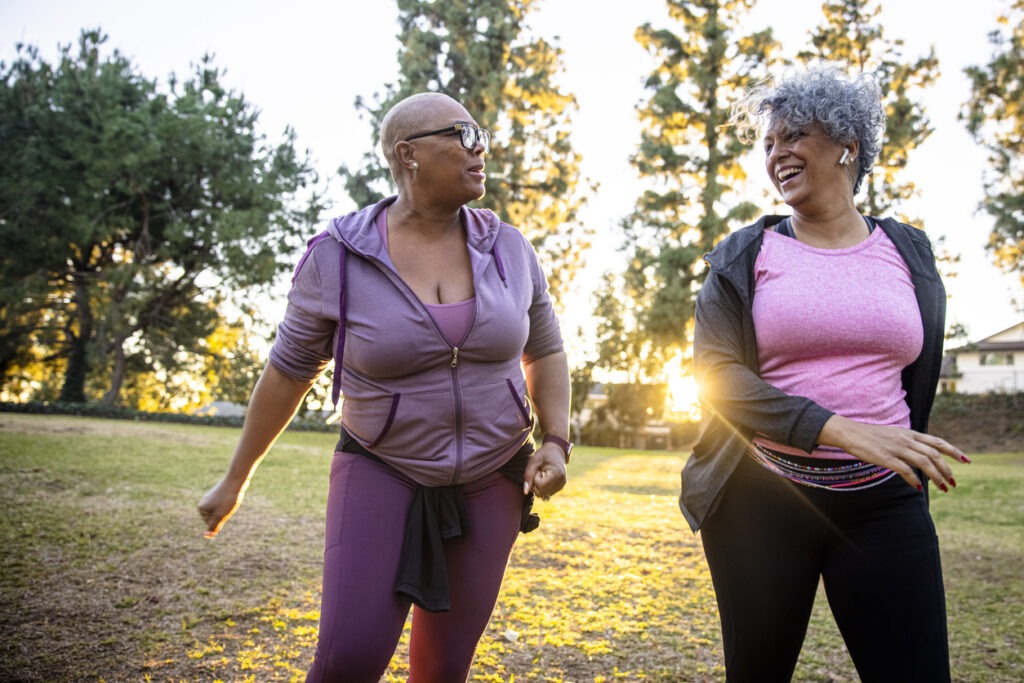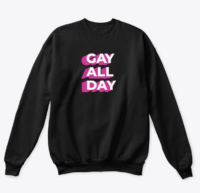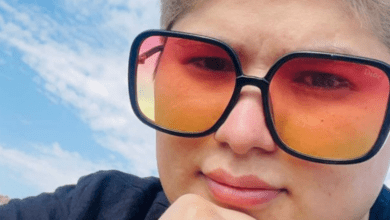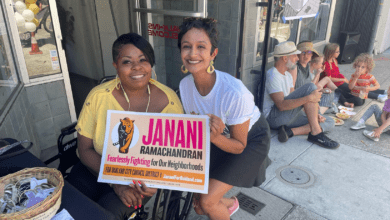Survey Finds Older LGB People Experience Abuse and Discrimination

The LGBTQ+ Older Adult Survey Report found that older LGB people (55+) are still more likely to face discrimination and abuse than their straight counterparts. The survey was developed and reported on by the Oregon Department of Human Services (ODHS). They specified that the results were LGB only: “The findings presented here are for LGB populations only since the sample size of transgender older adults in ORBRFSS is too small for data analysis.”
The first disheartening “key finding” in the report is that LGB adults are more likely to be living below the US Federal Poverty Level — despite higher levels of education. The ODHS puts the heightened poverty despite higher education rates down to “lack of economic opportunities and [heightened] discrimination they have faced.” Even though these older LGB adults have more qualifications than their straight counterparts, they’re retiring in poverty.
This one might not be as much of a surprise – it’s harder to find other gay people to date – but the fact older LGB adults are way more likely to live alone, and way less likely to be married or partnered, means we’re often lonely. Yes, living alone doesn’t necessarily mean loneliness, but LGB people – especially boomers – are less likely to have family support. Many states/countries have less of a gay presence too, meaning less friends that understand us completely. Boomers aren’t always technologically savvy either, so they don’t always get the online socialisation us younger ones do.
Loneliness and isolation makes us turn to substances or unhealthy habits for comfort. It’s no secret that LGB people party away our sorrows. The survey found that our health is disparate: we’re more likely to experience poor physical and mental health, as well as disabilities and comorbidities. More than a fifth (21%) of participants have experienced suicidal ideation in the past year, “which is significantly higher than the general population.” Additionally, we’re more likely to experience financial barriers to healthcare.
That’s not even mentioning medical discrimination… One in five (21%) do not disclose their sexual orientation to healthcare, aging, or other service providers. “The American Medical Association has stated that healthcare providers’ failure to ask, and healthcare consumers’ failure to disclose, can have adverse health consequences,” the ODHS stated.
On the topic of discrimination, over half (60 percent) of Oregon’s LGB older adults have experienced some kind of discrimination within the last year. Who else feels an intense level of protectiveness right now? Not only did 56 percent of respondents say they’ve experienced discrimination based on sexual orientation, almost all Black Americans, Asian Americans, Pacific Islanders and Native American/Alaska Natives reported discrimination.
If discrimination wasn’t bad enough, let’s talk about flat-out abuse. Nearly a quarter (24 percent) of the LGB older adults experienced elder abuse in the past year! More than three-quarters (76 percent) didn’t report it to authorities. The reasons for not reporting it included: Distrust of authorities’ fair treatment of LGBTQ+ people (26 percent); Feeling ashamed because of the experience (20%); Lack of knowledge on how to report (16 percent); Fear of having to disclose their identity (16 percent).
If it’s not discrimination and/or abuse, then the LGB respondents are suffering from housing instability. “Nearly two-thirds (64 percent) of participants are not confident that they will be able to continue living in their current housing.” Reasons include: Concerns about their health (38 percent); Risk of foreclosure or eviction (36 percent); Aging related needs (29%); Unsafe housing or environment (11 percent); rising crime rate in their current neighborhood (9 percent); Desire to move with family or friends (11 percent).
“It is critical to prioritize the needs of older adults in LGBTQ+ organizations and communities and to participate in local, state, and federal planning processes to secure resources for much-needed service development, including housing, transportation, and support programs,” the report concludes. “It is fundamental that policymakers and key stakeholders initiate and support programs policies and research initiatives to better address the needs of underserved LGBTQ+ older adults and their families.”





